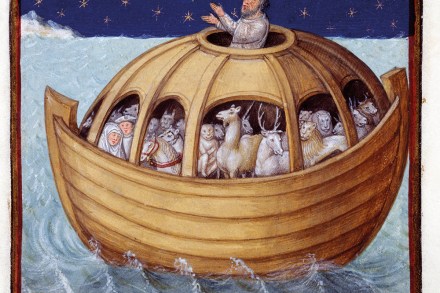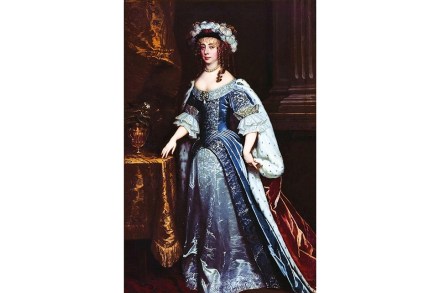The traitor who gives Downing Street a bad name
Samuel Pepys didn’t much like the subject of Dennis Sewell’s new biography. Sir George Downing (1623-84) was for a short time Pepys’s boss at the Exchequer, during which period the diarist observed that his employer was ‘so stingy a fellow I care not to see him’. Despite being one of the richest men in Restoration London, Downing’s parsimony was legendary and was the subject of one of the Diary’s most celebrated comic anecdotes. Having recently purchased a country estate in Cambridgeshire, Downing learned that it was customary for the landowner to host a Christmas dinner for the poor of the parish. Anticipating a grand celebratory affair, crowned by a belt-loosening




